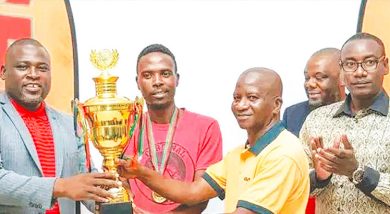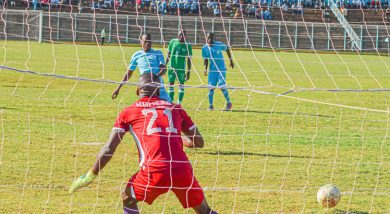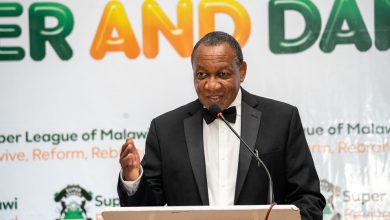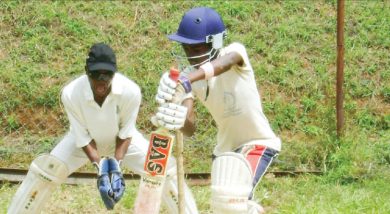Women want key positions in MOC
Malawi Olympic Committee’s (MOC) policy for mandatory 20 percent women representation in the executive committee faces a stern test with four women out of 19 individuals nominated for various posts in tomorrow’s elections.
At the end of the polls at Sunbird Lilongwe, eight executive committee positions will be filled, meaning at least two slots should be taken up by female candidates if the required female representation is to be met.
If women are not elected into the executive committee, the option of ensuring women representation is the co-opting of some females into various MOC committees.
But Basketball Association of Malawi (Basmal) director of women Lisungu Banda, who is vying for the position of MOC secretary general (GS) believes the policy should only be meaningful once women are elected into decision-making positions.
Malawi Aquatic Union (MAU) general secretary Beatrice Makwenda is contesting for the vice-secretary general seat.
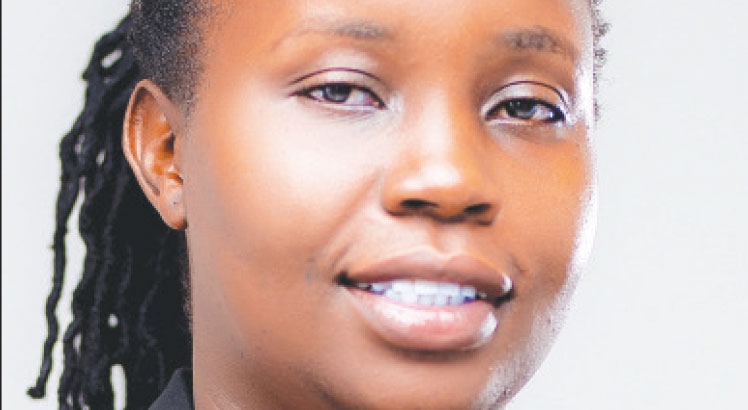
All along, the mandate was only on paper as the incumbent vice-president Flora Mwandira, who is not competing for any post this time around, is the only woman in the current executive committee.
Tomorrow, Banda is expected to battle for the SG post against incumbent treasurer Henry Sakala while Makwenda will tussle for the Vice-SG slot against Handball Association of Malawi (Maha) general secretary Dennis Kumwenda.
Other women Maggie Chikuni and Sushira Khamisa will battle for the two committee member positions alongside nine male candidates Tichitenji Nkhwazi, Pyson Likagwa, Peter Gomani, James Kaunda, Osborne Banda, Willy Kumilambe, Isaac Chimwala and Malombo Kayira.
Banda said: “It is high time that MOC’s policy is put into practice. It is important that when we say 20 percent women representation, it should be women holding key positions and not the ones co-opted just to make up the numbers.”
Banda, who holds a master’s degree in Applied Economics and is on the verge of acquiring a doctorate in Resources Economics, said she is ready to take inequalities in the male-dominated arena head-on.
“Vying for higher positions in sports is something that can inspire more young girls to pull through and take sports seriously,” she said.
Makwenda, who holds Masters degrees in International Development and in Business Administration and a Bachelor of Science degree in Agriculture, agreed with Banda that there is a need for MOC’s policy guidance to be put into practice tomorrow.
“With the current nominations, the MOC policy can be achieved if we are voted into these positions. We also need to move into increasing the equality scale on the board and affirmative action on key decision-making positions,” she said.
But Mwandira, who has been MOC vice-president for three terms, yesterday said being a woman should not be the only yardstick for being elected into positions but the capability and willingness to deliver.
She also attributed the struggles for women to get key positions to lack of trust in women among sports associations that are affiliated to MOC.
“There is a tendency among associations to prefer men when nominating candidates for MOC positions. This stifles women’s chances of being elected,” said Mwandira.
She added that there is a need to increase the mandatory women’s presentation from 20 to 30 percent to be at par with other fellow Olympic committees in most countries.


